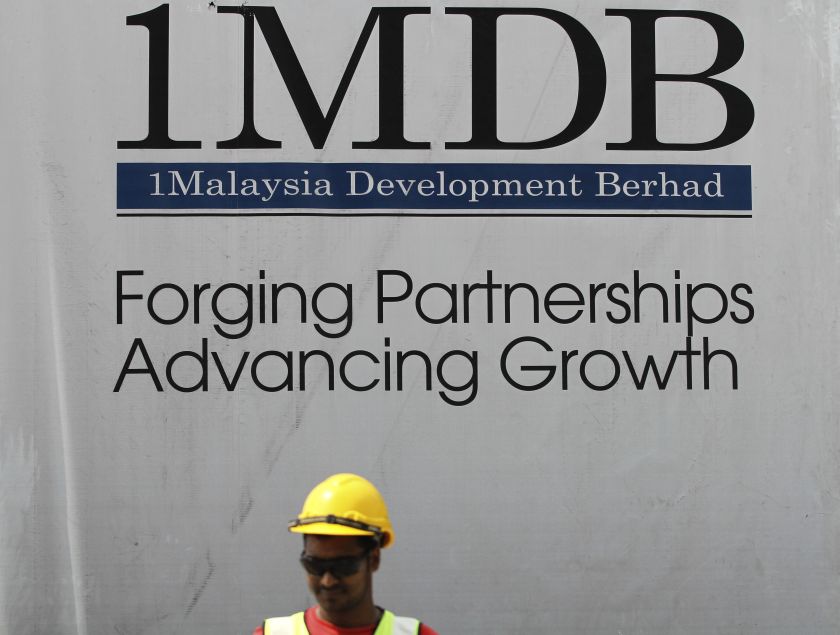KUALA LUMPUR, June 13 — Foreign media’s 1Malaysia Development Berhad (1MDB) coverage — particularly US’ Wall Street Journal (WSJ) and Singapore’s Straits Times (ST) — were heavily influenced by the politics in their respective countries, an observer has claimed.
Ngan Sue Ven, a researcher with NGO Political Studies for Change (KPRU), in her study argued that the reporting on 1MDB by both media outlets was based on their country’s personal agendas.
“WSJ tends to have harder-hitting information on 1MDB as their power centre, the US government is worried of Malaysia’s blooming trading partnership with China,” said the research titled “The Politics and Impact of International Media Agenda-Setting on Nation Imaging: The Case of Malaysia’s 1MDB Financial Studies”.
“China has been vigorously involved in mega projects in Malaysia and the country’s earnest participation in China’s highly ambitious initiative — The Belt and Road Initiative, had caused the US to raise their eyebrows,” Ngan added.
Ngan said the grand vision envisaged by the initiative, also called One Belt One Road, is to knit together continental Asia and Europe — linking China to 110 countries around the world with the accessibility to economic, military and geopolitical strategy.
“This is a threat to the existing international order led by the US as it can potentially open a window for China to take over the leadership and thus breaking down US’s political prowess,” said Ngan.
On the other hand, Ngan said ST’s reports on 1MDB allegedly toned down allegations former prime minister Datuk Seri Najib Tun Razak, especially in the headlines and initial paragraphs.
Ngan explained that Malaysia’s instability could affect Singapore, given the close ties between both countries.
In the research paper, Ngan quoted Singapore Prime Minister Lee Hsien Loong as commenting on how the 1MDB crisis could affect the country during an interview on July 13, 2015.
“When something happens in Malaysia, we watch very carefully and are very concerned how it affects us. We have a very good relationship with Malaysia and I personally have a very good relationship with Najib.
“So we hope Malaysia will remain stable and that we will be able to have a government there which we can do business and cooperate with,” Lee was quoted saying in the research paper.
To support her arguments, Ngan also shared a proportion of articles published by both media on the 1MDB scandal.
“25 out of 48 articles published by WSJ on 1MDB are on negative perceptions while the balances are on a neutral tone.
“Whilst, ST only published nine negative articles and the balance 39 articles are neutral. However, none of these two media published a positive story on 1MDB,” said Ngan.
In conclusion, Ngan stressed that mainstream media such as WSJ and ST craft their reportage to depict the national image of a mid-level country like Malaysia in order to achieve each nation’s personal interest.



















